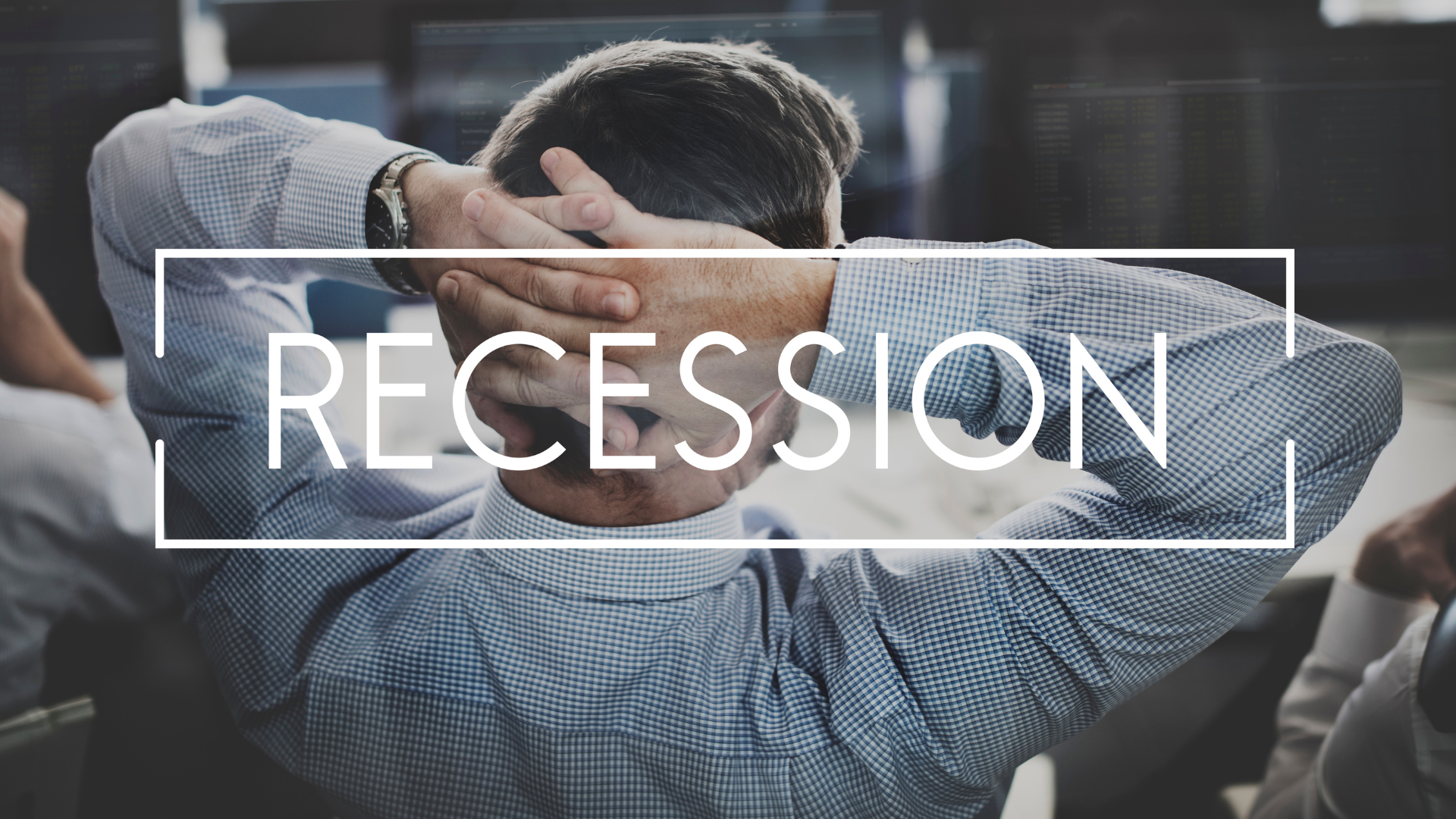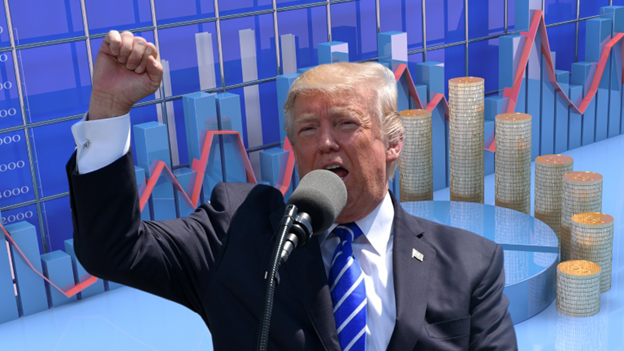Think about it. If the word “recession” never existed in our vocabulary, how would we look at the economy today?
How would we describe the economy?
How would people respond to current economic conditions? What about the government’s response? Industry’s?
I don’t dismiss the last 100 years of data. There is tremendous value in history—and recessions certainly have wreaked havoc in the past. However, a sole focus on how history played out can lead to false assumptions and predictions for the future.
Simply put, if we look at past wars, there was tremendous loss of life that occurred over a matter of months, if not years. To think of a war ‘today’ playing out the same way can be limiting as wars are fought very differently in the twenty-first century. Unlike the traditional warfare of the past, today we have cyber wars, economic wars, trade wars, currency wars, etc. Preparing and responding to these new types of war is vastly different than having a bayonet or a gas mask at the ready.
So, what does this mean for recessions?
Just as war is fought differently today than it was historically, the economy of 2023 is different from the economies of the past. Thus, we could hypothesize that the consequences of recession could be different today than they were in the past. This is one reason we should not be paralyzed by past fears because they may never surface.
However, the government today is positioning their response, and their control of the economy, to curb fears of a recession.
What we are seeing in the guidance (or manipulation) of the US economy right now (and over the last three years) is history in the making. Governments and politicians are tinkering ever more in steering the economy (for right or wrong).
The Weaponization of Anti-Recessionary Tools
The reality that ‘student loan forgiveness’ is being wielded as a tool today is a great example of why we should think about removing the word recession from our vocabulary. This tool is a lever that puts more money into the pockets of consumers and potential home buyers, thwarting a recession.
The fact that President Biden supported a bill to make mortgages more affordable for those with lower credit scores and more expensive for those with higher credit scores is another example of an anti-recession tool.
We’ll continue to see this shift and this weaponization of anti-recessionary tools because of this fear based on past experiences with recession.
In my previous article, I shared how the government will fix the looming funding problem with Social Security. Their solution is anti-recessionary there as well because it will put currency into the hands of the consumers, not the savers.
Whether it be mortgage manipulation, student loan forgiveness or Social Security transfers, there will no doubt be winners and losers.
Let’s take this one step further. While many of us would agree we (society) should take care of its elderly, disabled and veterans—for they may have been impacted by hard times through no fault of their own—one could say the same for blue collar workers vs. white collar workers. Blue collar workers are known to have a shorter life expectancy, more medical issues, and generally a lesser quality of life than white collar workers. Should we tilt the scale of consumerism (anti-recessionary) in the favor of blue-collar workers more so in the future?
The same can be said for people of color, too. Some can justify that people of color, through no fault of their own, experience greater adversities in life and shorter life spans. Should they be able to retire earlier than others to enjoy some retirement benefits before they die?
I believe you will see these conversations and debates come to the forefront in the coming years.
Do Recessions Matter Anymore?
With all this steering of the conversation and manipulation of the economy, do recessions matter anymore if they can be papered over with policy changes, money printing and anti-recessionary tools?
The impact on the rich will be minimal and probably not felt at all. The lives of the poor and destitute will improve. And the middle class, if not educated on these matters, will be left to foot the bill through reduced government benefits, higher medical and home insurance costs, higher taxes, etc.
Some can argue that recessions are good for the rich and that they don’t want to lose that opportunity to buy when there’s blood in the streets. That can be true, but imagine a world without recessions. The rich, who absolutely understand how this game is played, have profited handsomely from the booms in housing, stock markets, and consumerism due to anti-recessionary market manipulation.
I’m not saying this is happening 100% in the markets, but we cannot discount the enormity these levers have on the economy… and on our investments. This article is meant to make us think deeper on the seemingly tangential actions that have a direct impact on our wealth and freedoms.
The rules of the game are forever changing. Keep watching, learning and take action to protect your freedoms.










1 thought on “Do Recessions Matter (Anymore)?”
Tony very well written and explained. People need to realize the game is changing. Keep up the good work to explain how this is changing in our world relating it to tangible everyday items that people can relate too.